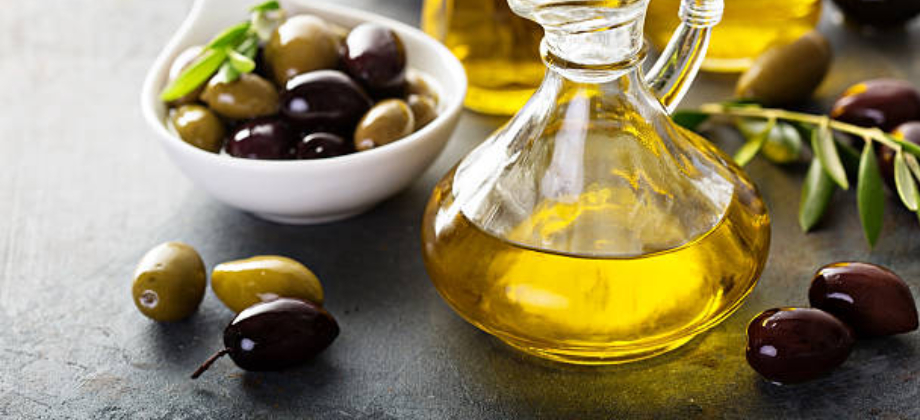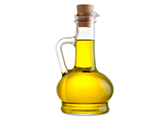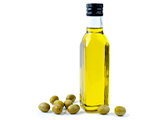Turkey
Best Olive Oil from the Most Abundant Lands

Quick Facts
- Harmony of a Long Life
- World’s Choice
- Harmony of Price and Quality
- Harmony for Health
- Easy to Transportation
- Harmony of Flavour
Harmony on the Palate
Compared to other fruit varieties, which are picked from their branches and readily eaten, the olive fruit does not easily surrender.
Over time, processes have been developed which eliminate the acerbity and the bitterness of olives. First, the acerbity and the bitterness of the olives were eliminated by storing them in water. Then, they were sweetened by dipping them into ash, vinegar, or lime water and were made resistant to aging by pickling in brine, by cutting or cracking. The brine used to be blended with lemon, fennel, mastic, thyme, peppermint, and other herbs, making the flavor of olives more pleasant. A total of 92 varieties of olives are produced in Türkiye with the Memecik, Ayvalık, Çelebi, Gemlik, Domat, Edremit, and Erkence varieties being the most well known.
Harmony with Process
With its climate conditions, geographical location, and soil structure, Türkiye has agricultural lands very suitable for olive culturing. Due to fair cost and high-quality oil production, the Turkish olive sector gains more demand every passing year. The method of olive oil extraction from olives is part of the culture surrounding olives and is a tradition that has not changed for thousands of years. Olive oil is obtained by passing the olives through a cold press and can be eaten without any chemical processes, so there is no difference between the olive oil extraction method employed in the present day and the one used some six thousand years ago. Olives are crushed into a pulp and then this pulp is squeezed or passed through a press and the olive oil is separated from the wastewater of the olive fruit.
Hydraulic presses started to be used once technology developed in the early 19th century and today machines exist aimed at obtaining olive oil by centrifugal force without applying any pressure on the olive pulp.





